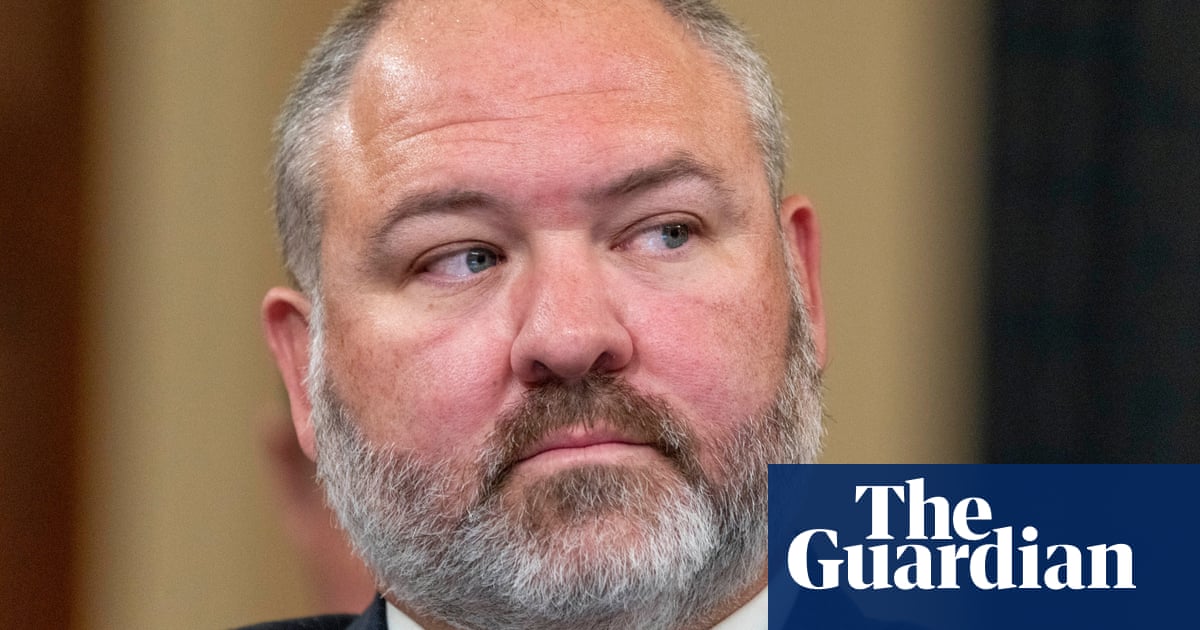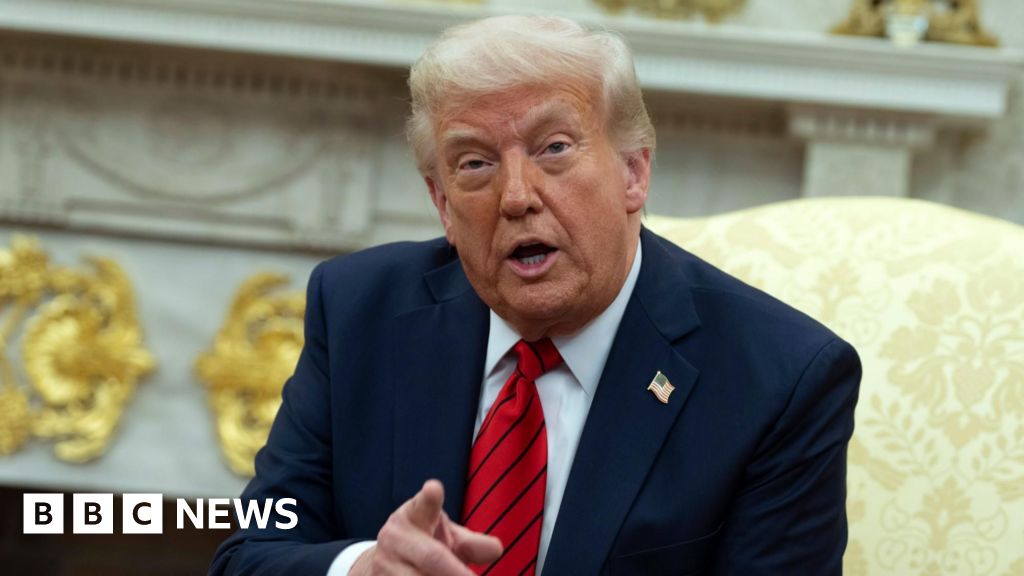Trump Reshuffles IRS Leadership Amid Controversy and Allegations

In a significant shakeup within the U.S. Internal Revenue Service (IRS), former President Donald Trump has decided to replace the acting commissioner, a move prompted by reported tensions involving Treasury Secretary Scott Bessent. According to a detailed report published by the New York Times on Friday, Bessent expressed his discontent directly to Trump, claiming that the appointment of the interim agency head was made without his prior knowledge and was influenced by none other than billionaire entrepreneur Elon Musk.
The situation revolves around the appointment of Gary Shapley as the interim head of the IRS. Bessent, who oversees the IRS, believed that Musk had circumvented his authority to install Shapley. This claim was supported by the report which cited five anonymous sources familiar with the ongoing situation. Internal sources suggest that a faction known as the department of government efficiency advocated for Shapleys appointment by utilizing direct channels within the White House, without consulting Bessent beforehand. Following Bessent's grievances, he reportedly received Trumps support to reverse this controversial decision.
In a further development, Michael Faulkender, who currently serves as the deputy secretary of the U.S. Treasury, is expected to be appointed as the next acting head of the IRS. Meanwhile, Missouri Congressman Billy Long has been nominated by Trump to fill the permanent position, pending Senate approval. However, scrutiny has arisen concerning Longs nomination; it was reported earlier this week by The Lever that he had substantial personal debt that was suddenly settled using campaign funds acquired shortly after Trump announced his intention to endorse him for the IRS leadership role.
The turmoil within the IRS began earlier this week when Trump appointed Shapley to the interim position following the resignation of Melanie Krause, the previous interim head. Krause stepped down from her post after the IRS reached an agreement to share tax information regarding undocumented immigrants with federal authorities, a move that has drawn considerable public and political scrutiny.
In a statement to the New York Times, White House Press Secretary Karoline Leavitt addressed the internal conflicts, stating, Its no secret President Trump has put together a team of people who are incredibly passionate about the issues impacting our country. Disagreements are a normal part of any healthy policy process, and ultimately everyone knows they serve at the pleasure of President Trump.
The conflict has also spilled over onto social media, where the friction between Bessent and Musk became evident. Musk notably amplified a post by Laura Loomer, a far-right conspiracy theorist, who accused Bessent of collaborating with individuals opposed to Trump, specifically targeting businessman John Hope Bryant. In his response on X, the platform he owns, Musk expressed agreement with Loomers sentiments, labeling the alleged collaboration as troubling.
Amid these internal power struggles, the IRS has been reportedly contemplating the revocation of Harvard Universitys tax-exempt status, a decision that appears to be influenced by pressure from the Trump administration. This move raises legal concerns, as it is against the law for the President to direct the IRS to conduct investigations or audits for political purposes.



























